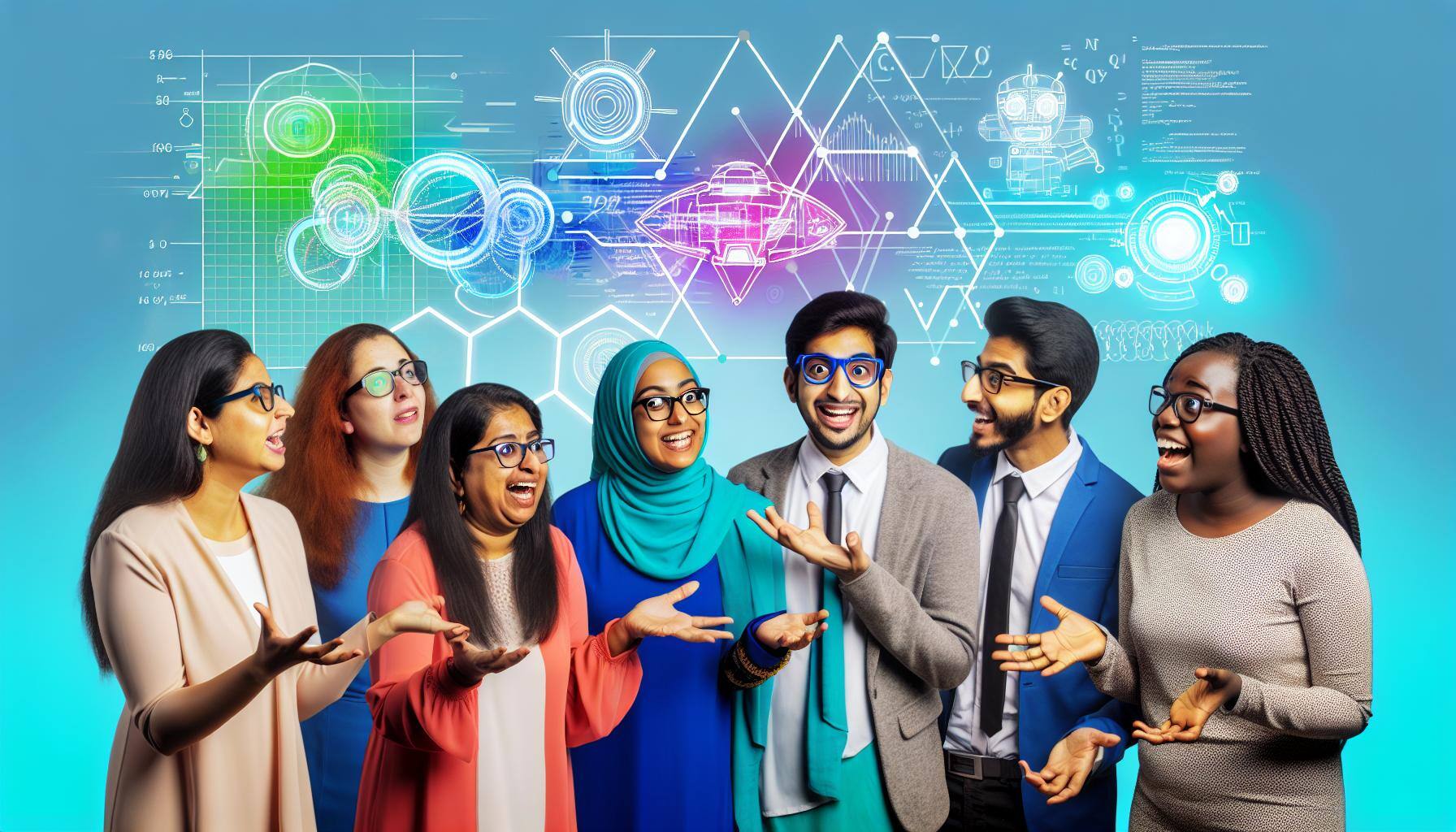7 min read
How to Become a Lifestyle Influencer
Becoming a lifestyle influencer Becoming a lifestyle influencer is a dream for many, offering the chance to share your passions, inspire others, and...
3 min read
The Amazing Team at Virtual Marketer Max : Jun 26, 2024 2:00:00 PM
Artificial Intelligence (AI) has revolutionized multiple industries, transforming the way we live, work, and interact. One significant aspect of AI's impact is its influence on our decision-making process and its ability to shape trends and preferences. In this article, we will explore the concept of AI influencers, their significance, challenges, solutions, statistics, future prospects, and the latest updates in the field.
AI influencers refer to algorithms and intelligent systems that have the capability to shape human behavior, preferences, and decisions by providing personalized content, recommendations, and guidance. They employ machine learning techniques to analyze immense volumes of data, including user preferences, behavior, and societal trends, to provide tailored suggestions and predictions.
The concept of AI influencers emerged with the rise of personalized marketing and the increasing amount of data available for analysis. Companies like Amazon, Netflix, and Spotify have successfully implemented AI influencers to drive customer engagement and satisfaction.
AI influencers play a crucial role in various industries, including e-commerce, entertainment, healthcare, and social media. They enhance businesses' ability to understand users' preferences, provide personalized recommendations, increase customer retention, and improve overall user experience.
One prominent current trend in AI influencers is the utilization of deep learning algorithms and neural networks. These models enable AI systems to process and analyze vast datasets more accurately, resulting in personalized recommendations that better align with users' choices.
Despite the advancements in AI influencer technology, a few challenges remain. One major concern is the issue of data privacy and security. Collecting and storing massive amounts of user data raises ethical and legal concerns. Additionally, biases embedded in the training data may lead to discriminatory recommendations and perpetuate prejudices.
To overcome these challenges, industry stakeholders must invest in transparency and explainability of AI algorithms. Developing and implementing ethical guidelines and standards for AI influencer systems can help address issues related to biases, privacy, and security.
According to a recent report by Grand View Research, the global AI influencer market is projected to reach $24.5 billion by 2028, growing at a CAGR of 23.2% from 2021 to 2028. The report also highlights the significant adoption of AI influencers in the e-commerce sector, particularly among millennials and Generation Z.
Furthermore, a survey conducted by Gallup reveals that 63% of consumers appreciate personalized recommendations, indicating the growing demand for AI influencers in various industries.
Increasing Brand Reach With Social Influencers In USA
The future prospects of AI influencers appear promising. As technology continues to advance, AI influencers are anticipated to become even more sophisticated, enabling personalized experiences across multiple digital platforms. From healthcare diagnoses to content creation, the impact of AI influencers will reshape our daily lives.
Moreover, recent updates indicate the integration of AI influencers with social media platforms, where they can heighten user engagements, suggest relevant content and connect influencers with their target audience more effectively.
AI influencers have transformed the way businesses engage with their customers and have become integral in shaping user preferences and decisions. Although challenges related to privacy, security, and biases persist, the future prospects of AI influencers are promising. As technology advances, AI influencers will continue to enhance personalized experiences and revolutionize various industries, leading us into a more connected and tailored future.
Leveraging AI influencers can significantly enhance your digital presence, driving engagement and increasing brand visibility. With the rise of virtual personalities in the marketing landscape, brands now have the opportunity to create unique, tailored interactions with their audience. By integrating AI influencers like Virtual Marketer Max into your strategy, you can tap into innovative ways to connect with your target market, boost your brand awareness, and stay ahead in the competitive digital arena.
Explore how Virtual Marketer Max can transform your brand's digital presence and elevate your marketing efforts. Embrace the future of influencer marketing and see the difference AI can make for your brand.

7 min read
Becoming a lifestyle influencer Becoming a lifestyle influencer is a dream for many, offering the chance to share your passions, inspire others, and...

3 min read
Artificial Intelligence (AI) has emerged as a transformative force across industries, promising to revolutionize the way we live and work. At the...
6 min read
Introduction New York City (NYC) is renowned as one of the fashion capitals of the world. The city's vibrant fashion scene is home to some of the...